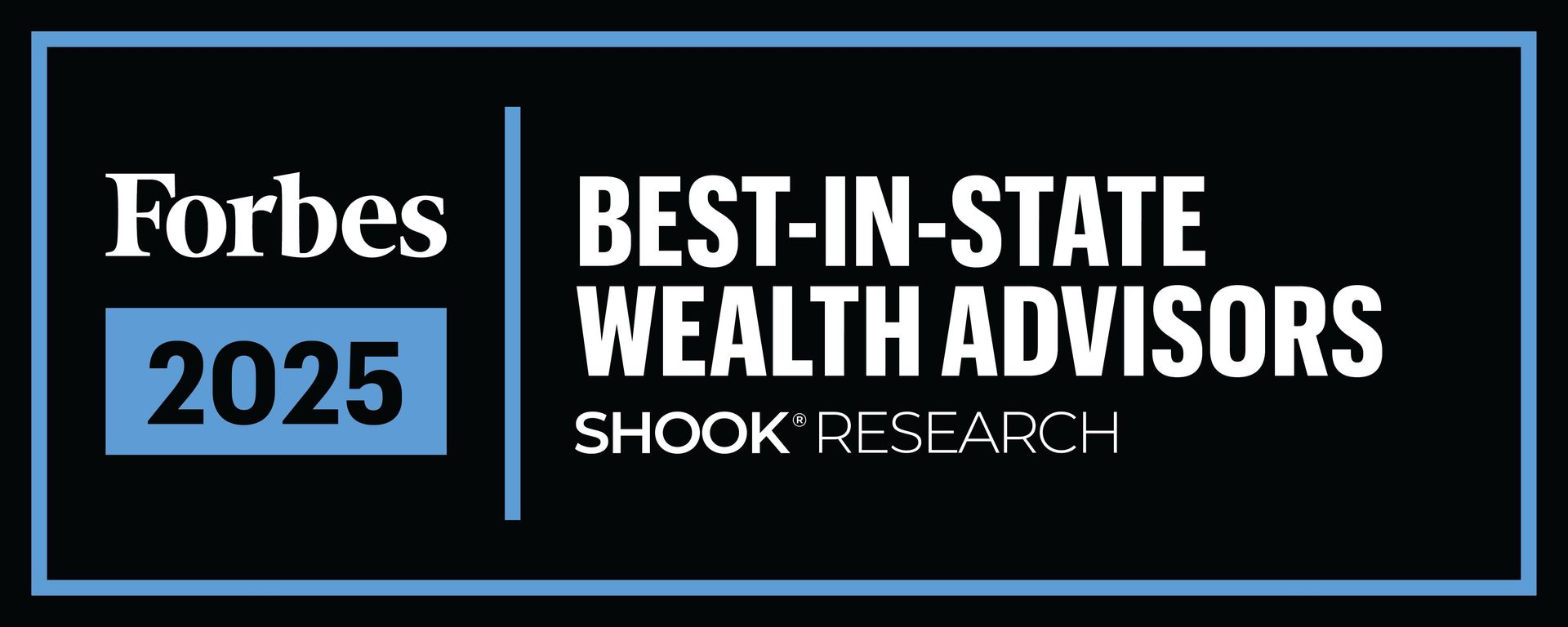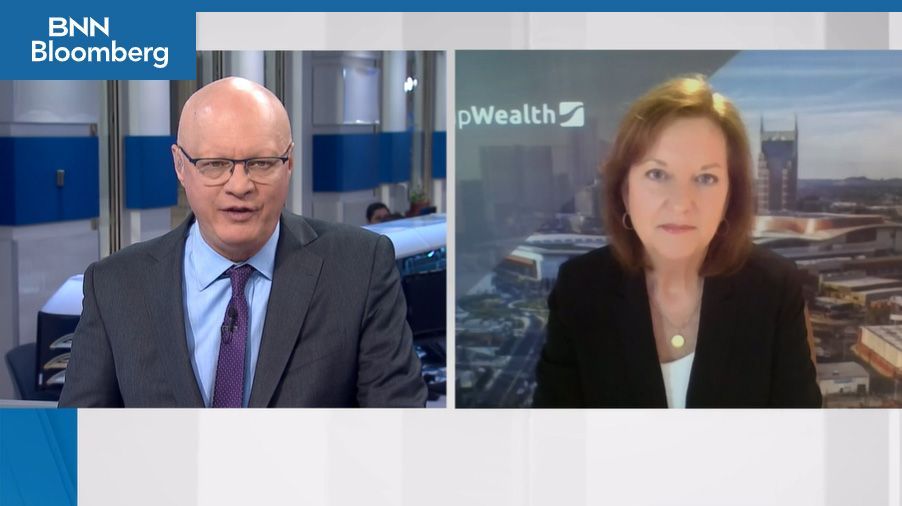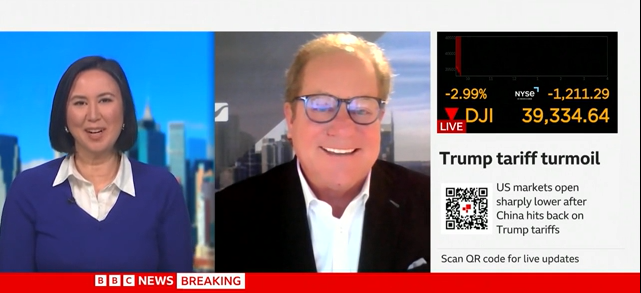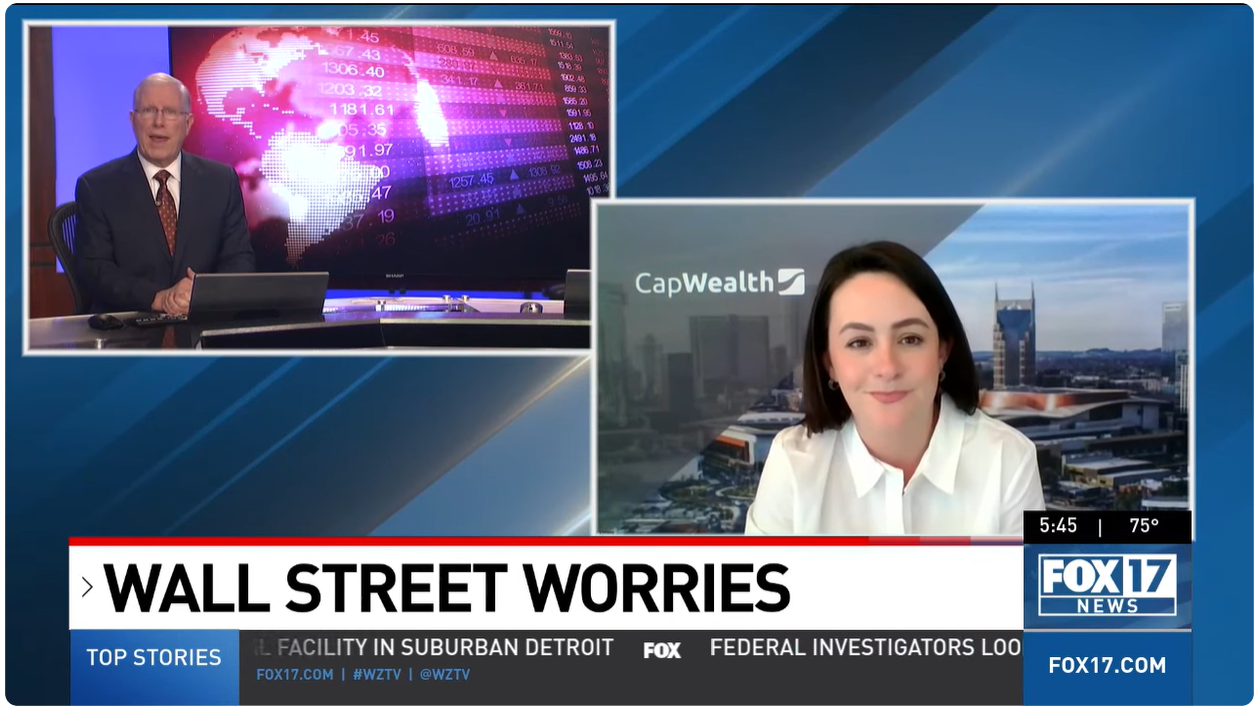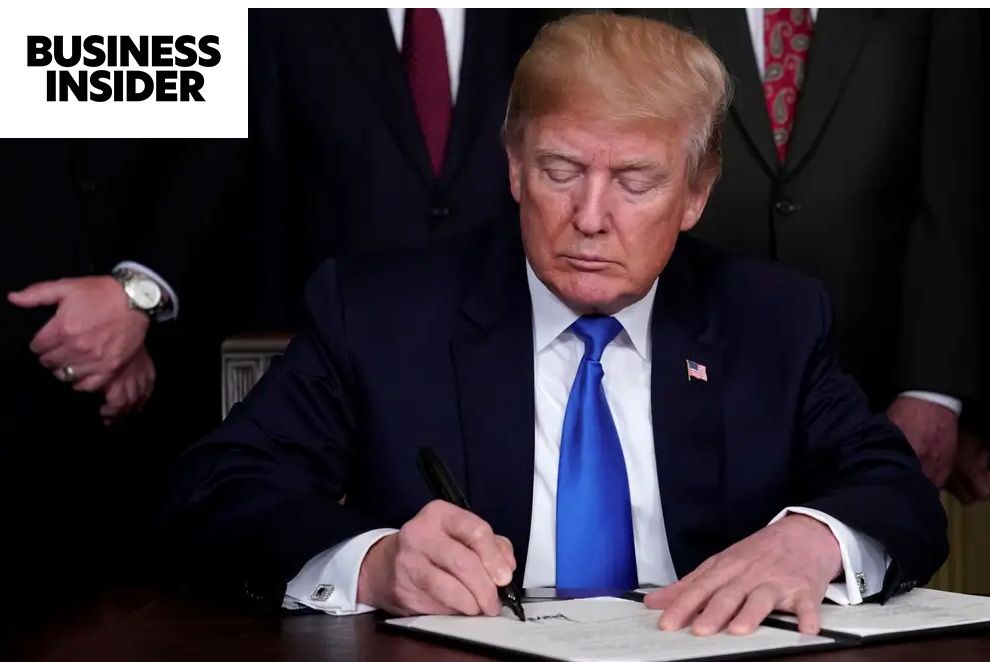Phoebe Venable: Is Now the Time to Sell Stock?
October 3, 2014
This past Tuesday marked the end of the third quarter. It was an eventful three months for the global financial markets, characterized by strong U.S. corporate earnings, active central banks around the globe, the rise and escalation of several geopolitical events, and speculation over the slowing growth prospects of both Europe and China. Put all that into a blender, push the button and out comes the S&P 500 gaining a meager 0.62 percent in the third quarter. That’s not exactly a celebratory cocktail and, in fact, is the lowest quarterly return since December 2012, seven quarters ago.
This performance begs the question “Is it time to sell my stocks?” In order to answer that question, it’s prudent to address the issues that drove that modest quarterly return in the S&P 500. First, let’s take a look at the current U.S. micro (single-stock) and macro (economic) landscape.
U.S. corporate earnings:
In the third quarter, the S&P 500 reported strong second-quarter earnings highlighted by 5 percent sales growth and 11 percent earnings growth, with net margins reaching a record high of 9 percent.
U.S. economic data:
The macro environment for U.S. stocks remains broadly positive and recent data clearly suggest that the U.S. economy continues to accelerate. Consumer confidence hit 92.4 in the quarter — the highest level since October 2007. The labor market has consistently added more than 200,000 jobs per month since of the start of 2014 and the unemployment rate has fallen to around 6.2 percent.
Next, let’s take a look at factors outside of the U.S. that have influenced stock prices:
- Growth in Europe and China: The pace of future growth in both Europe and China came into question in the third quarter, resulting in the European Central Bank (ECB) and the People’s Bank of China (PBoC) announcing new stimulus measures — similar to the actions that the U.S. Federal Reserve unleashed over the past several years. It’s clear from the U.S.’s example that these measures are supportive, but will take time to work through the system and into the marketplace.
- Geopolitical: The conflict between pro-Russian separatists and the Ukraine, the invasion of Iraq by ISIS, the bombing of ISIS strongholds in Syria by the U.S. and the recent pro-democracy protests in Hong Kong all headline a very challenging geopolitical landscape. In general, political uncertainty and military unrest are negatives for financial markets.
Lastly, let’s draw some conclusions from this broad analysis:
- Flow of capital: The strength of U.S. corporate balance sheets, improving U.S. economic data vs. slowing international growth and the unique position of the U.S. as the world’s safe haven for investments all point toward capital inflows to the U.S. financial system.
- Risk vs.reward: With potential capital inflows to the U.S., the question becomes “Should I buy U.S. stocks or U.S. bonds?” Despite growing consensus that the U.S. Federal Reserve will begin increasing interest rates at some point next year, interest rates remain near historical lows. While any interest rate increase by the Fed is likely to be gradual, a rising interest rate environment is a negative for bondholders (bonds have an inverse relationship to interest rates: Interest rates go up, bond prices go down). In addition, the dividend yield of many stocks in the U.S. is actually higher than U.S. Treasury Bond rates.
In summary, it was a challenging quarter for global equity markets. Despite strong U.S. corporate earnings and positive U.S. economic data, the S&P 500 only managed to rally less than two-thirds of a single percent. It was hindered by slowing international growth and geopolitical events. However, as you look to make portfolio decisions for the next quarter, keep in mind that the overall investment outlook for U.S. equities has not changed. While it is hard to be patient, sometimes taking a step back is the best medicine.
To help you navigate the complex global financial landscape and find investment strategies that are right for you, talk to a financial adviser.
Phoebe Venable, chartered financial analyst, is president & COO of CapWealth Advisors, LLC. Her column on women, families and building wealth appears each Saturday in The Tennessean.

